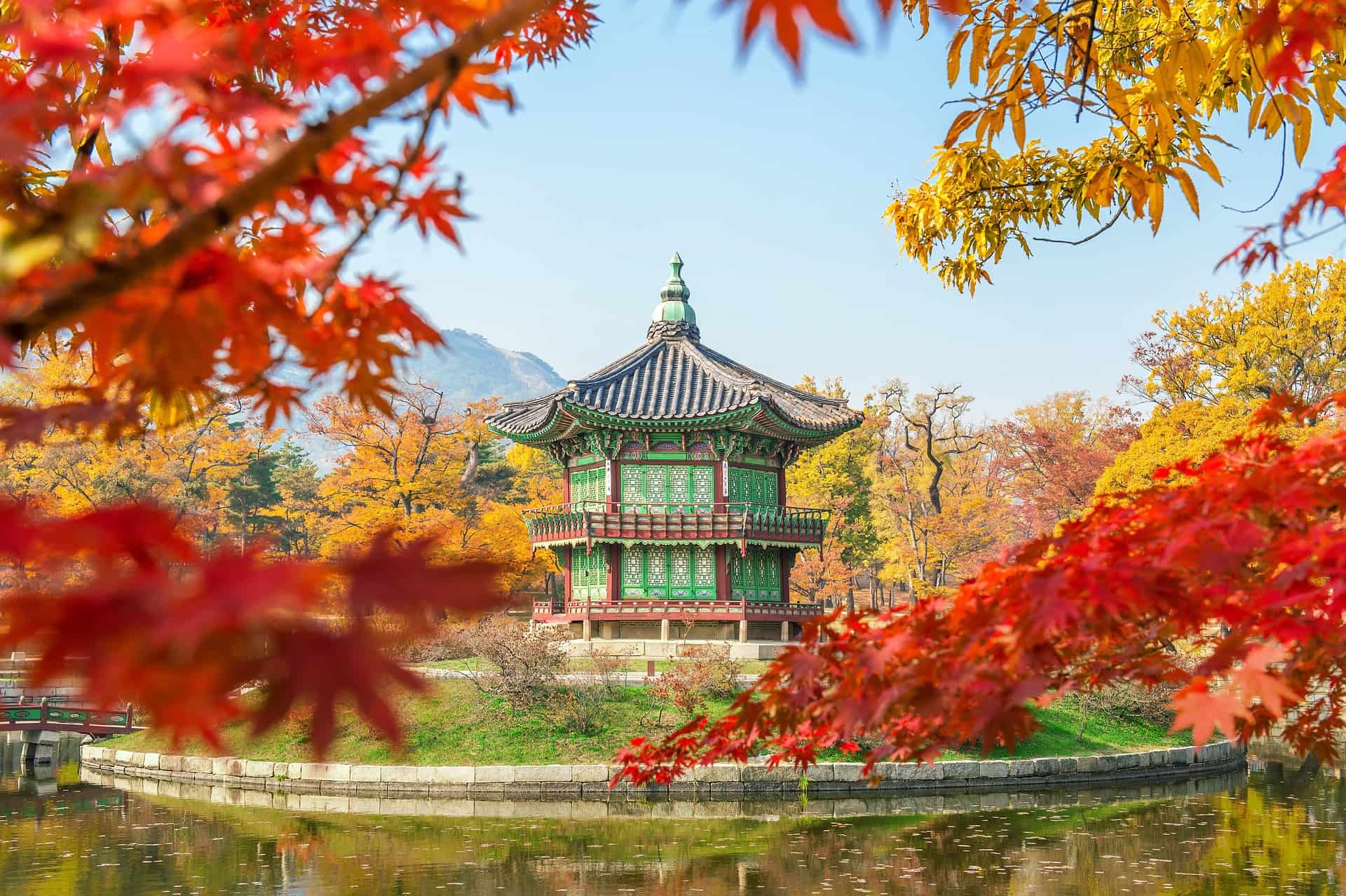Welcome to Journeeo
Traveling to North Korea, officially known as the Democratic People’s Republic of Korea (DPRK), is a unique and highly controlled experience. It requires meticulous preparation and an understanding of the country’s strict regulations and cultural norms. Here is a comprehensive guide on how to prepare for a trip to North Korea.
1. Understand the Basics
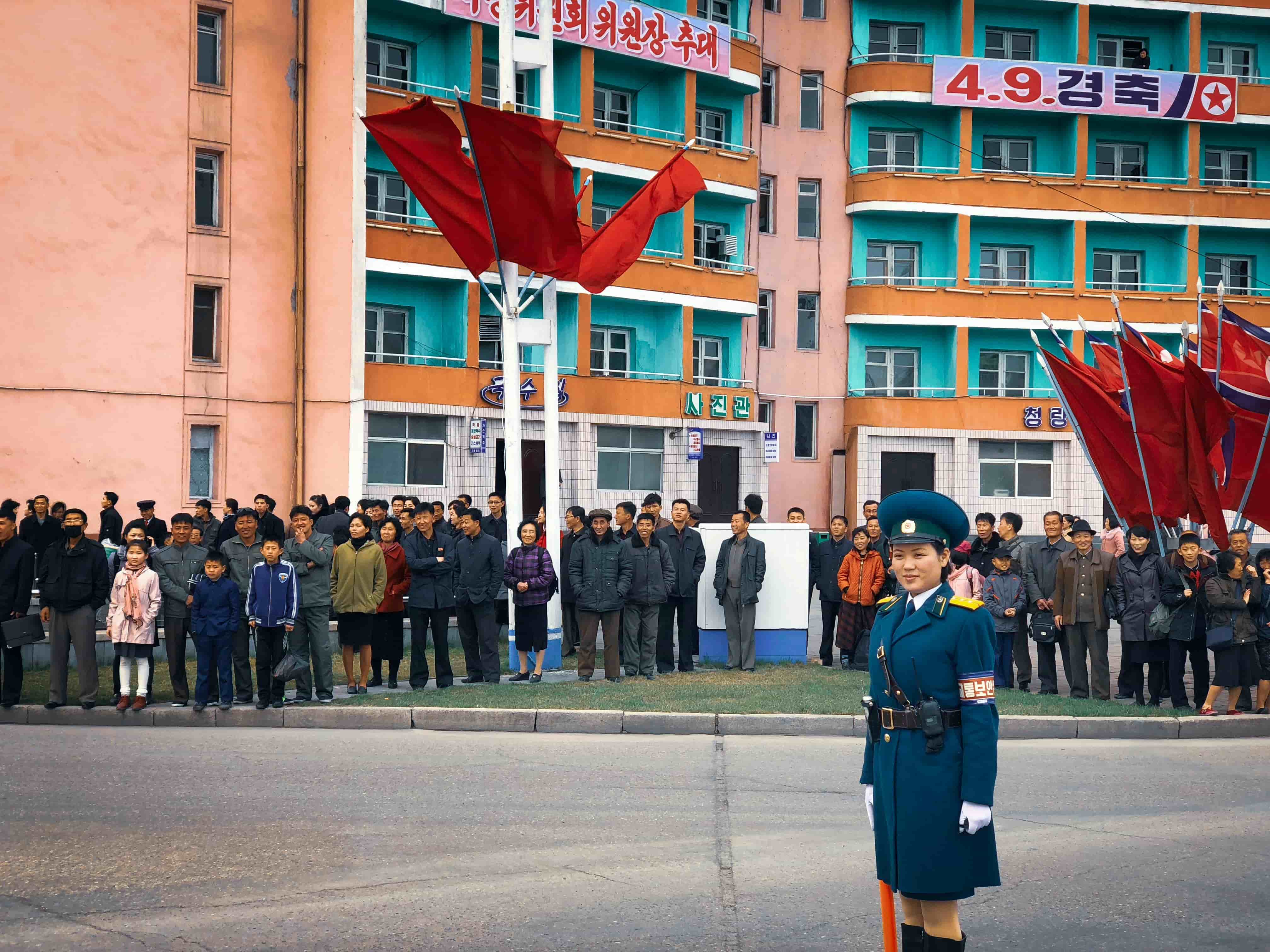
Is It Safe?
Traveling to North Korea is generally safe if you follow the rules and guidelines set by the government. The country is highly controlled, and tourists are accompanied by guides at all times. However, the geopolitical situation can be tense, so it’s essential to stay informed about current events.
The government exercises strict control over the movement and activities of tourists, and any deviation from the prescribed itinerary can result in severe consequences. Therefore, understanding and adhering to the regulations is crucial for a safe and incident-free visit.
Who Can Visit?
Most nationalities can visit North Korea, but South Koreans and journalists are typically not allowed. U.S. citizens have faced travel bans in the past, so it’s crucial to check current regulations. Always verify with your tour operator and the North Korean embassy for the latest travel advisories and entry requirements.
Travel Restrictions
Independent travel is not permitted in North Korea. All trips must be arranged through authorized travel agencies, and you must be accompanied by government-appointed guides throughout your stay. This ensures that the authorities can monitor your activities and interactions.
The guided nature of the tours means that you will have limited freedom to explore on your own. All visits to cultural, historical, and natural sites are conducted in groups, with guides providing information and ensuring compliance with regulations.
2. Choose a Reputable Tour Operator
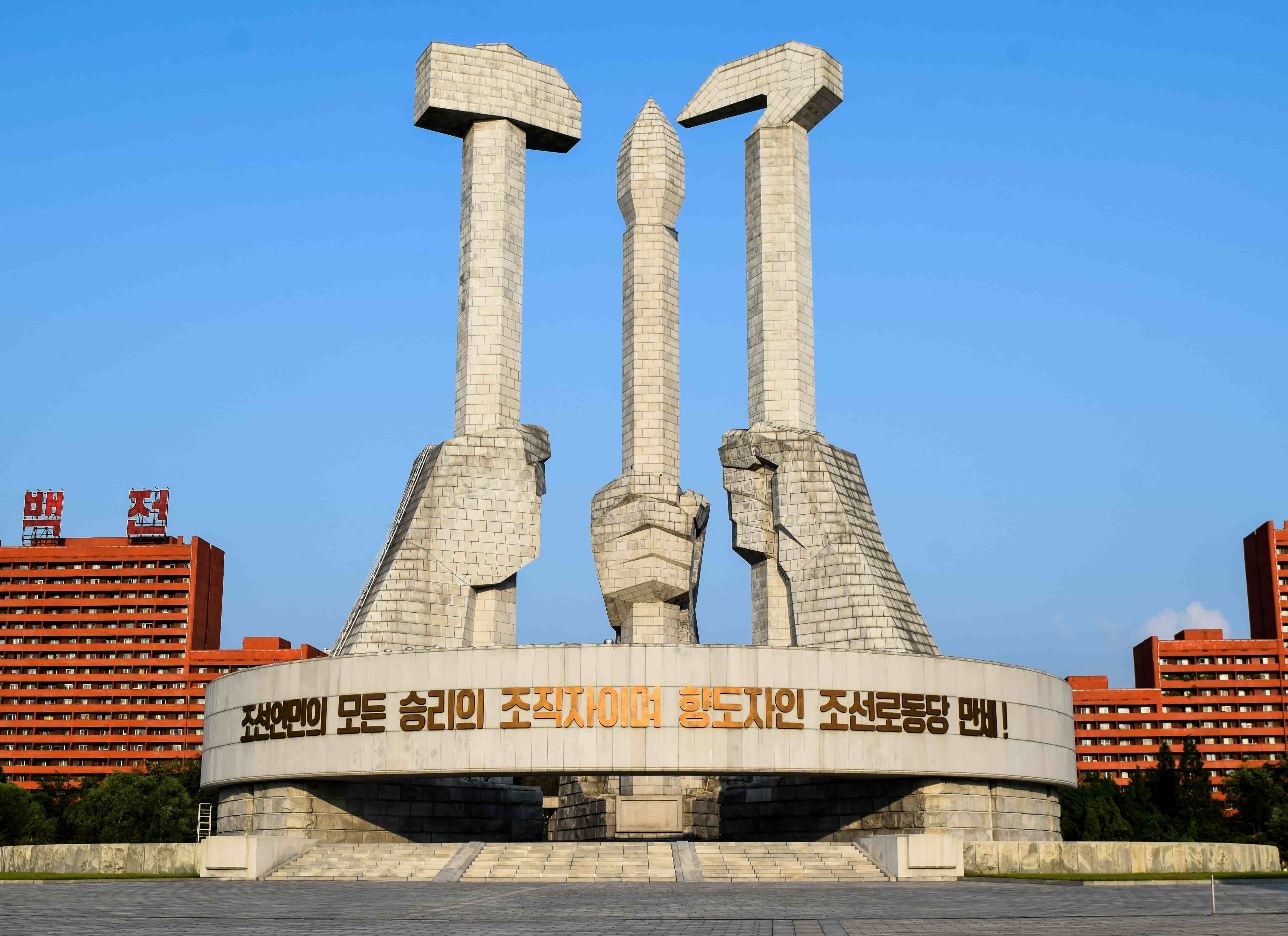
Authorized Agencies
There are several tour operators authorized by the North Korean government to organize trips to the country. Some of the reputable ones include Koryo Tours, Young Pioneer Tours, and Uri Tours. Choosing an experienced and reputable agency is crucial for a safe and well-organized trip.
These agencies have established relationships with North Korean officials and understand the specific requirements and protocols necessary for a smooth visit. They will handle all the logistical aspects of the trip, including visa applications, transportation, accommodation, and guided tours.
Types of Tours
Tour options vary from short city tours of Pyongyang to extensive trips covering multiple regions. Some tours focus on specific themes like history, culture, or sports. Decide on the type of tour that interests you the most.
For example, you can opt for a tour that includes visits to major historical sites, military museums, and monuments, or one that focuses on cultural experiences such as traditional music performances, art exhibitions, and local festivals.
3. Obtain the Necessary Documentation
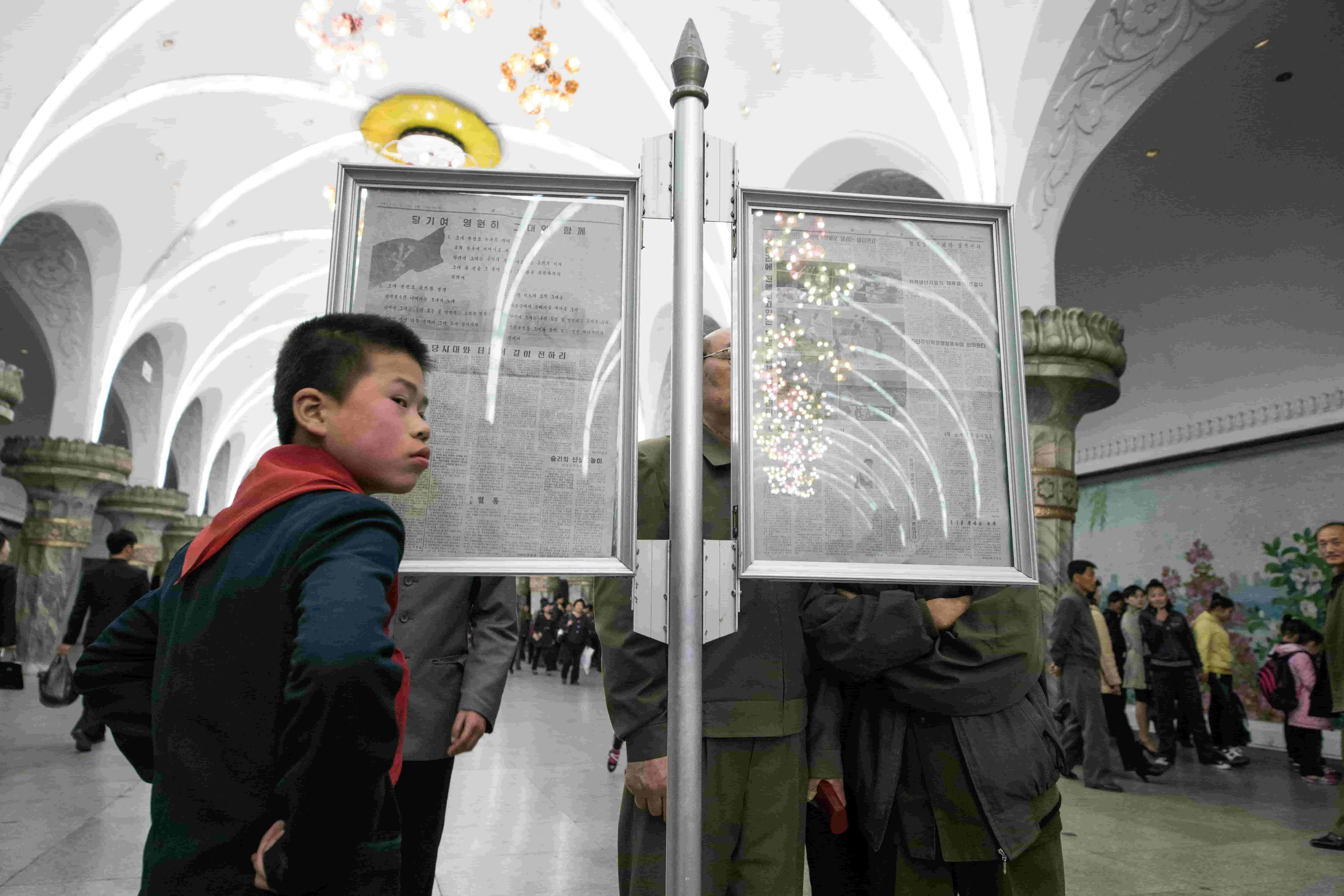
Passport
Ensure your passport is valid for at least six months beyond your intended stay in North Korea. Check your passport’s expiration date well in advance and renew it if necessary.
Visa
You will need a visa to enter North Korea. Your tour operator will handle the visa application process, which typically involves submitting a copy of your passport and completing a visa application form. The visa is usually issued as a separate document, not stamped in your passport.
The visa process is generally straightforward when handled by an authorized tour operator. However, it’s important to provide accurate and truthful information on your application to avoid any complications.
Travel Insurance
Most tour operators require you to have travel insurance that covers medical expenses and evacuation. Verify that your insurance policy covers travel to North Korea.
Given the limited medical facilities in North Korea, having comprehensive travel insurance is essential. Make sure your policy includes coverage for emergency medical treatment, evacuation, and repatriation.
4. Prepare for the Cultural Experience
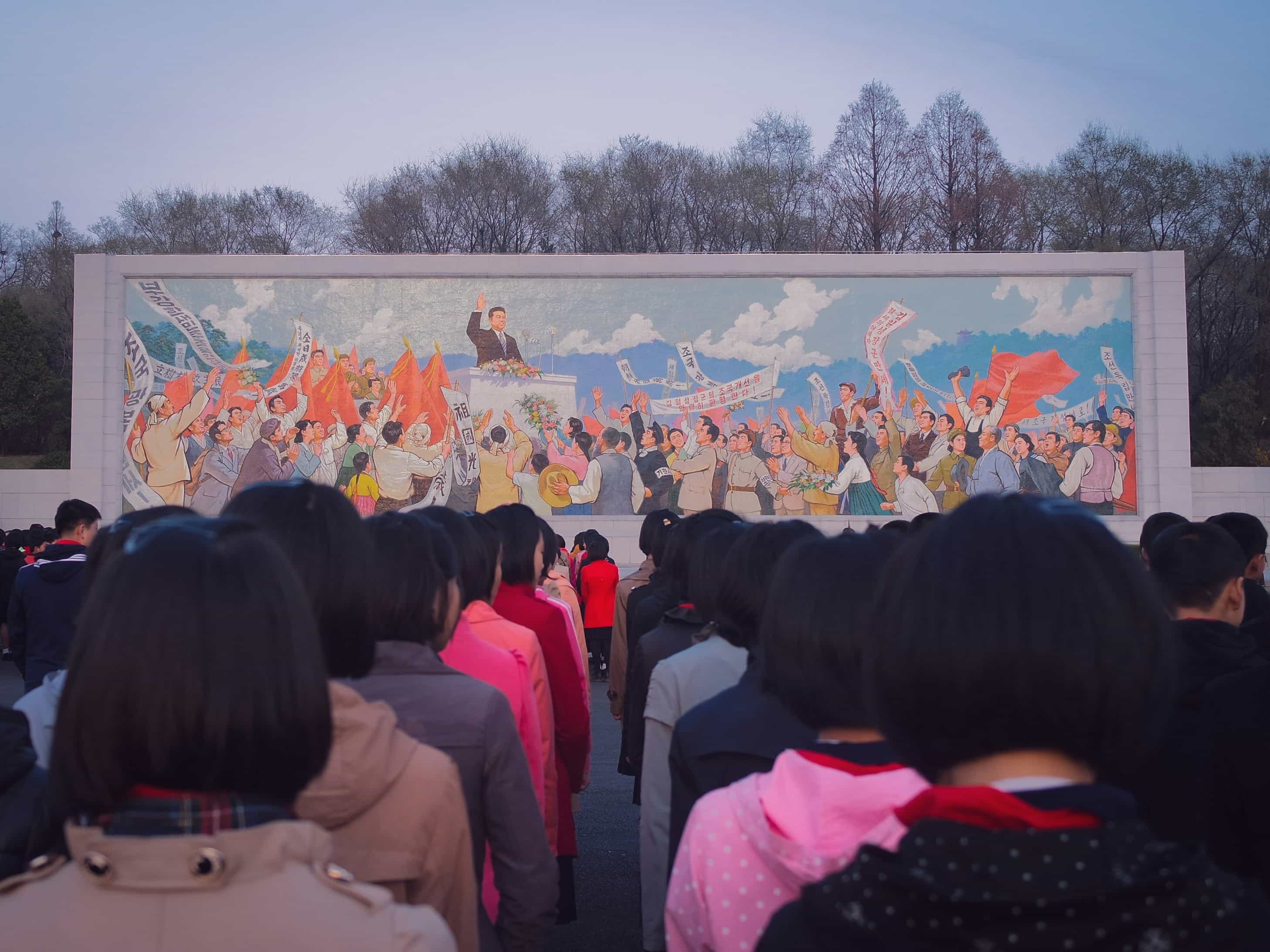
Learn the Rules
North Korea has strict rules and regulations for tourists. Your tour operator and guides will brief you on what is and isn’t allowed. This includes restrictions on photography, interactions with locals, and behavior at monuments and sites of political significance.
For instance, photographing military installations, construction sites, or local people without permission is prohibited. Always ask your guide before taking pictures to ensure you are complying with local regulations.
Dress Code
There is a dress code for visiting certain places, such as the Kumsusan Palace of the Sun and other significant monuments. Generally, smart-casual attire is recommended. Avoid wearing jeans, shorts, or casual footwear in these locations.
Men should wear long trousers and collared shirts, while women should opt for dresses or skirts that cover the knees and blouses with sleeves. Respectful attire is a sign of respect for local customs and traditions.
Learn Basic Korean Phrases
While your guides will speak English, learning a few basic Korean phrases can enhance your experience and show respect for the local culture. Simple greetings and expressions of thanks can go a long way in building goodwill.
Phrases like “annyeonghaseyo” (hello), “kamsahamnida” (thank you), and “jebal” (please) are useful to know. Your effort to speak the local language, even if limited, will be appreciated by your hosts.
5. Pack Appropriately
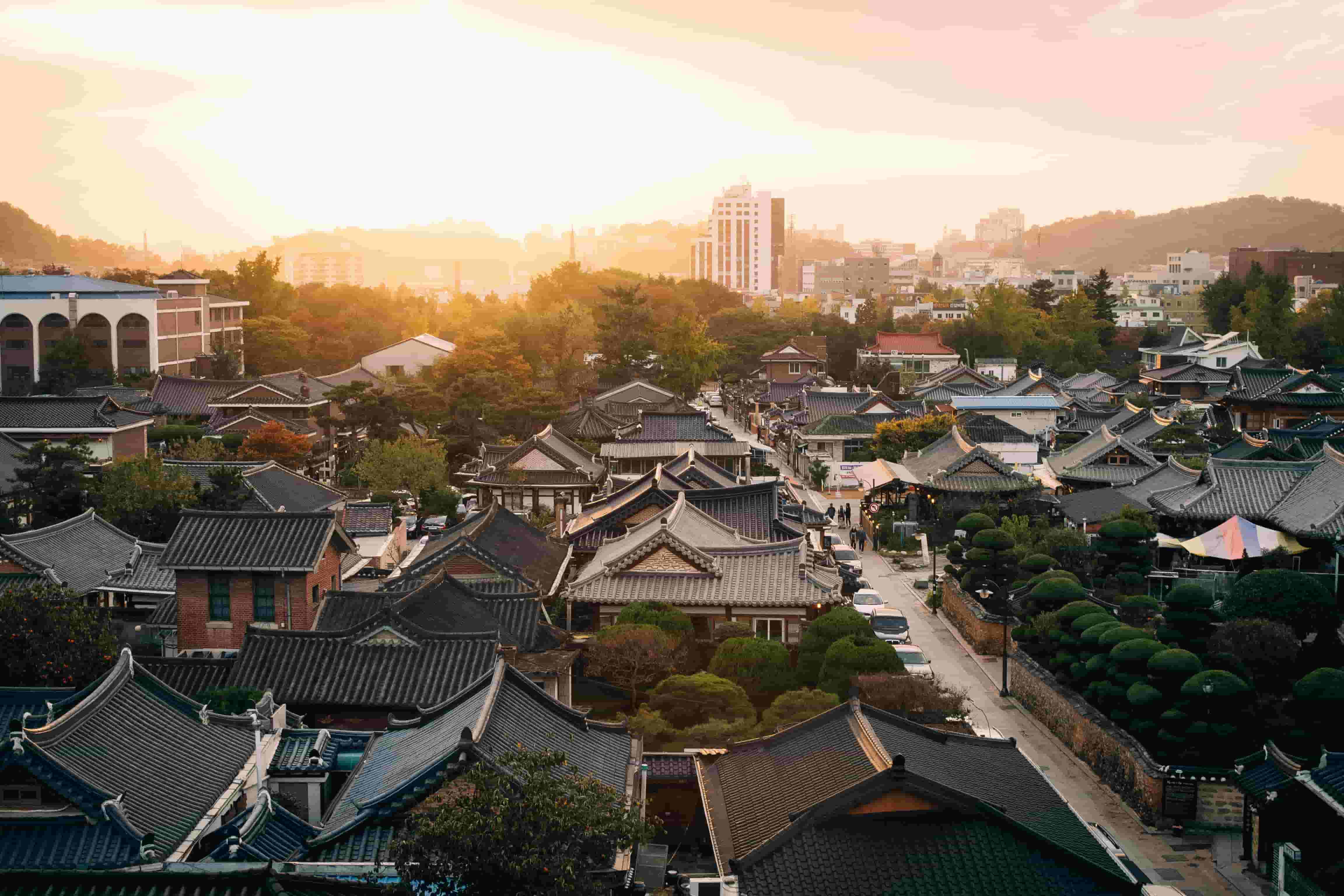
Clothing
Pack conservative clothing that covers your shoulders and knees. Include comfortable walking shoes, as there will be a lot of walking during the tours. If your visit includes winter months, bring warm clothing as temperatures can drop significantly.
Layering is key to staying comfortable in varying weather conditions. Bring a mix of light and warm clothing, as well as rain gear if you’re traveling during the rainy season.
Electronics
Bringing laptops and smartphones is generally allowed, but their use will be restricted. Internet access is not available to tourists, and there are limits on what you can photograph and record.
Downloading offline maps, translation apps, and entertainment for your devices before your trip can be helpful. Remember to follow the guidelines provided by your tour operator regarding the use of electronic devices.
Gifts and Souvenirs
Bringing small gifts for your guides, such as local snacks or souvenirs from your home country, is a nice gesture. Be cautious when buying souvenirs in North Korea; some items cannot be taken out of the country.
Avoid bringing or purchasing any materials that could be considered political or controversial. Focus on simple, culturally neutral items that can be enjoyed by your hosts.
Medication
Bring any necessary medications, as access to pharmacies is limited. It’s also advisable to bring a basic first-aid kit. Ensure you have enough medication to last the entire trip, plus a few extra days’ supply in case of delays.
Pack your medications in their original packaging, along with a copy of your prescriptions and a letter from your doctor if necessary. This will help avoid any issues at customs or during your stay.
6. Financial Preparations
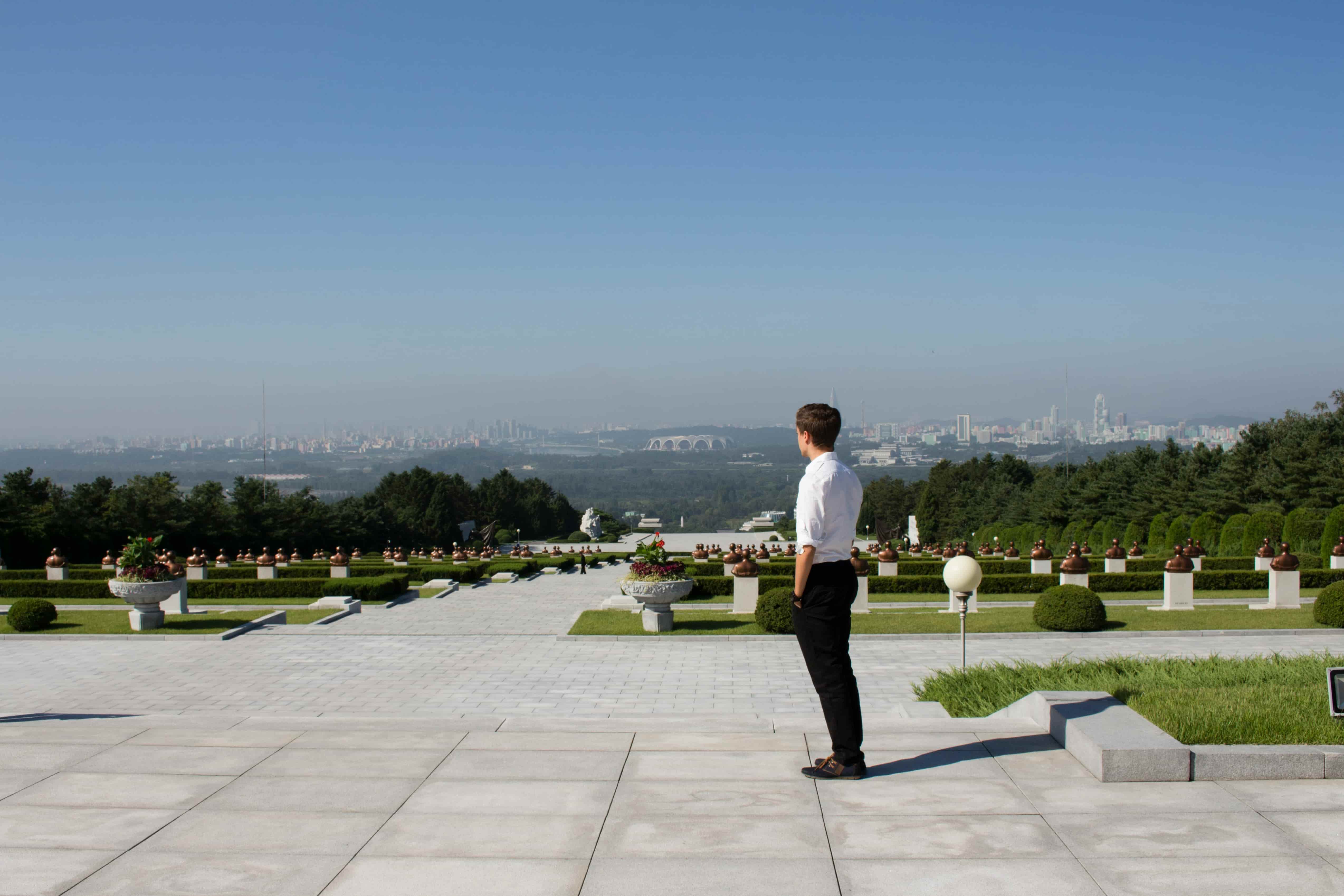
Currency
The local currency, the North Korean won (KPW), is not available for use by tourists. Transactions are usually conducted in euros, Chinese yuan, or U.S. dollars. Bring cash, as credit cards and ATMs are not available for tourists.
Bring a mix of small and large bills to facilitate transactions. Keep your money secure and only carry what you need for each day, leaving the rest in your hotel safe.
Budget
Determine a budget for your trip, including the cost of the tour, additional meals, souvenirs, and tips for guides and drivers. Tours usually include accommodation, meals, and transportation, but personal expenses are extra.
Allocate some extra funds for unexpected expenses or emergencies. It’s better to have a little extra cash on hand than to find yourself short during your trip.
7. Know What to Expect
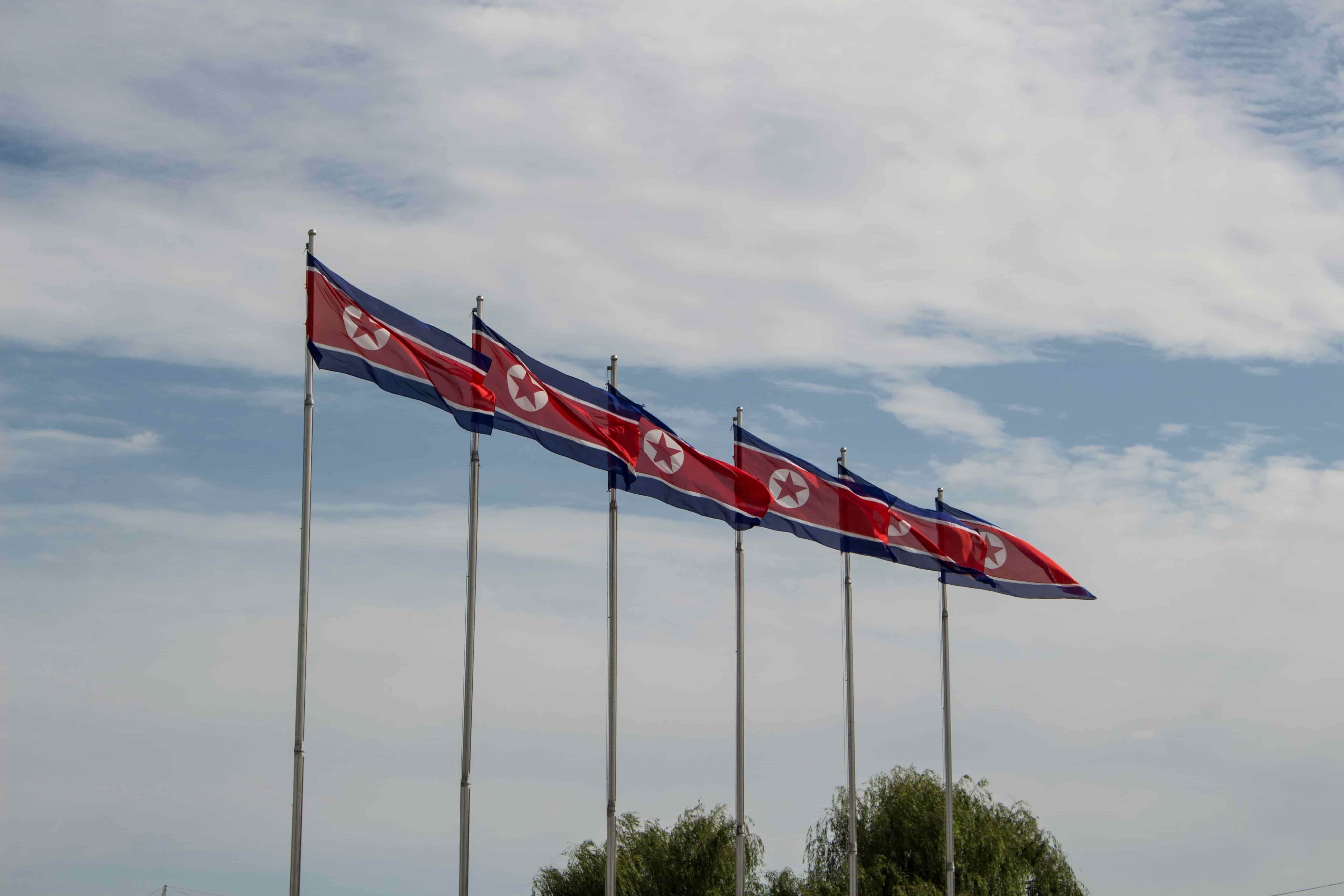
Accommodation
Tourist hotels in North Korea are generally basic but comfortable. The most common hotel for tourists is the Yanggakdo International Hotel in Pyongyang. Expect limited amenities compared to international standards.
While the hotels are clean and safe, they may lack some of the luxuries and conveniences you’re used to. Be prepared for limited Wi-Fi, fewer dining options, and basic room facilities.
Food
Meals are typically included in the tour package and consist of traditional Korean dishes. Food is generally good, but variety may be limited. Special dietary needs can usually be accommodated with advance notice.
Expect meals to include staples like rice, kimchi, vegetables, and meat. While the food is fresh and flavorful, it may be different from what you’re accustomed to. Embrace the opportunity to try new dishes and flavors.
Itinerary
Your itinerary will be tightly controlled and pre-arranged by your tour operator in conjunction with North Korean authorities. There will be little to no flexibility, and spontaneous activities are not allowed.
Your guides will provide detailed explanations of each site you visit, focusing on the official narratives and historical perspectives. Listen attentively and show respect for their explanations, even if they differ from your own views.
8. Health and Safety
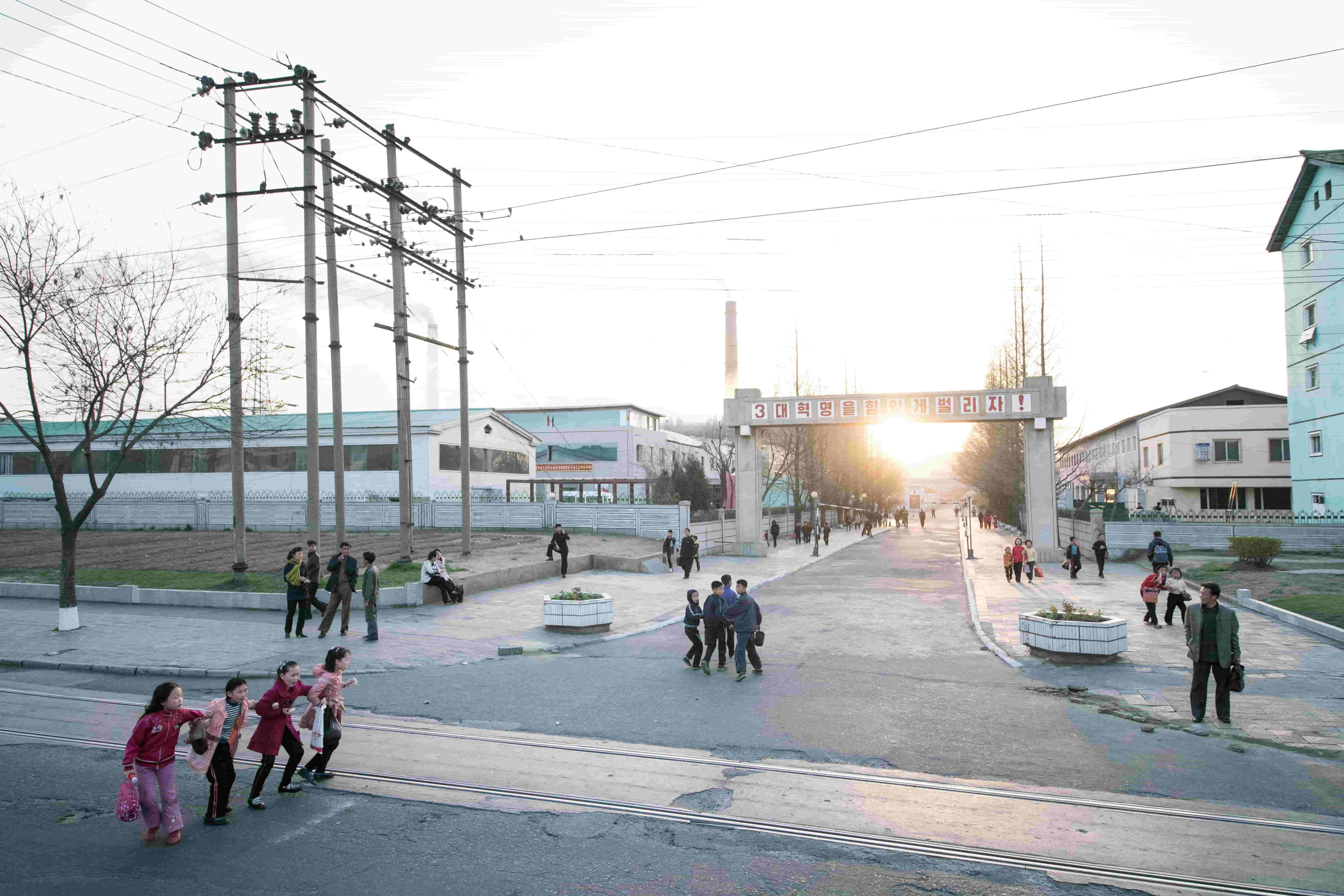
Health Precautions
North Korea’s healthcare system is limited, so it’s crucial to have travel insurance that covers medical evacuation. Bring any necessary medications and a basic first-aid kit.
Avoid drinking tap water and opt for bottled water instead. Be cautious with street food and only eat at recommended restaurants to minimize the risk of foodborne illnesses.
Safety
Follow the advice of your guides at all times. Avoid discussing politics or making any remarks that could be interpreted as critical of the regime. Respect local customs and laws to avoid any misunderstandings.
Your safety largely depends on your ability to follow the rules and guidelines set by your tour operator and guides. Be mindful of your behavior and actions, and always err on the side of caution.
9. Communication
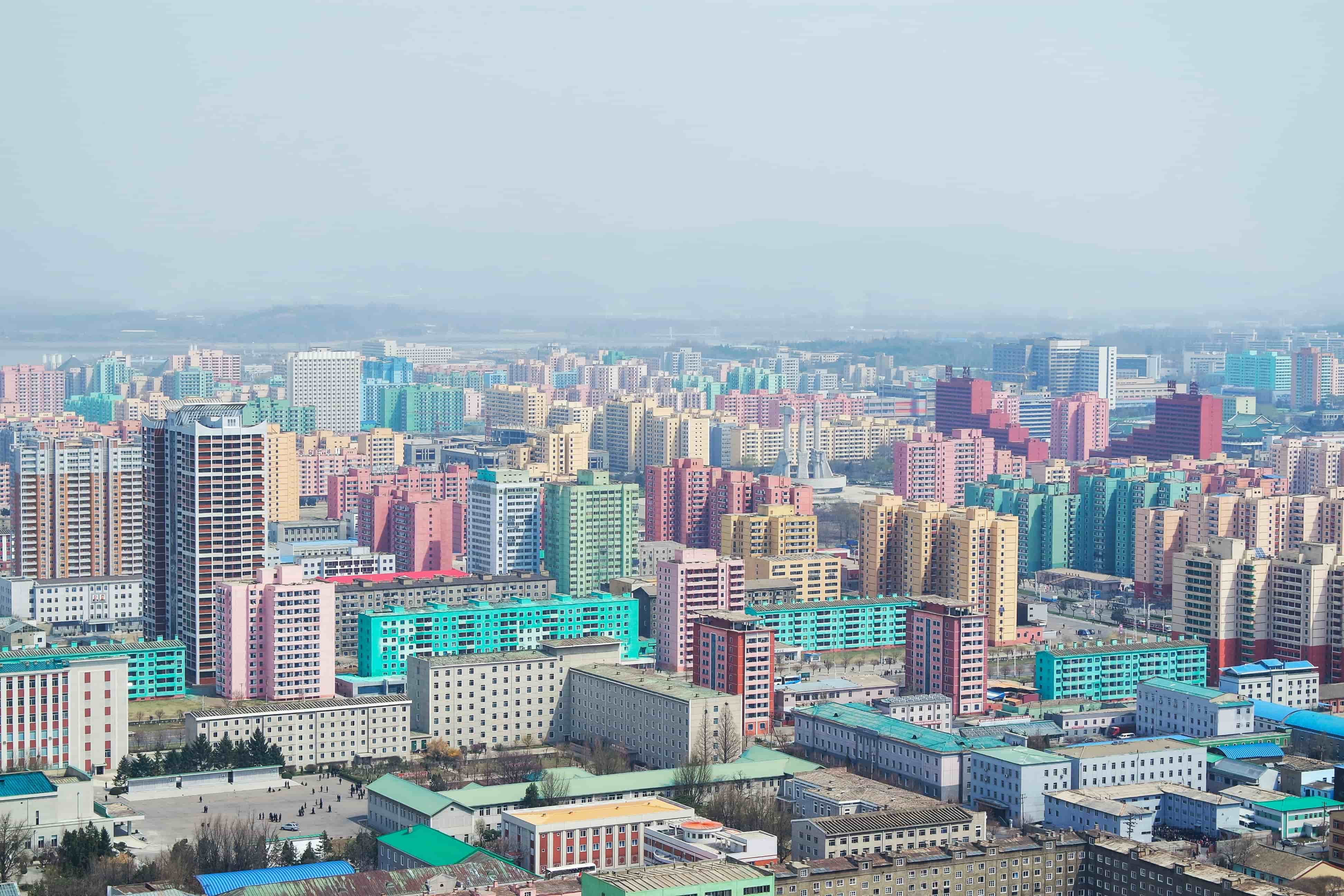
Limited Connectivity
Internet access is not available to tourists, and international phone calls can be expensive. Inform your family and friends about your limited communication ability before you leave.
Set up a communication plan with your loved ones before your trip. Let them know when you will be able to contact them and how long you’ll be out of touch. This will help alleviate any concerns while you’re away.
Emergency Contact
Provide your family and friends with the contact information of your tour operator and the North Korean embassy in your home country for emergencies.
In case of an emergency, your guides will be able to assist you and contact the appropriate authorities. Having a backup plan and emergency contacts is always a good precaution.
10. Post-Trip Considerations

Customs Declarations
Be mindful of what you bring back from North Korea. Some items, especially those with political content, may not be allowed through customs in other countries. Check regulations beforehand.
Avoid bringing back any items that could be considered propaganda or controversial. Focus on culturally neutral souvenirs like local crafts, artwork, and traditional clothing.
Sharing Your Experience
When sharing your travel experience, be respectful and considerate of the cultural and political sensitivities involved. Sharing photos and stories is a great way to educate others, but ensure you do so in a respectful manner.
Be mindful of how you present your experiences and the people you encountered. Avoid sensationalizing or misrepresenting the country and its people. Aim to provide an honest, balanced perspective that highlights both the positive and challenging aspects of your trip.
Conclusion
Traveling to North Korea is a unique and memorable experience that requires thorough preparation and adherence to strict guidelines. By understanding the rules, choosing a reputable tour operator, and preparing for the cultural differences, you can ensure a safe and enriching visit to this enigmatic country. Remember to respect the local customs and regulations to make the most of your trip to North Korea.
As of now, U.S. citizens are generally prohibited from traveling to North Korea due to a travel ban. It’s essential to check the latest regulations from the U.S. State Department or your tour operator.
Medical facilities in North Korea are limited. It is crucial to have travel insurance that covers medical evacuation. In case of a medical emergency, inform your guides immediately, and they will assist you in getting the necessary help.
Your tour operator should provide information on the nearest medical facilities and the procedures to follow in an emergency. Be prepared to act quickly and follow their instructions.
At political monuments, such as statues of Kim Il-sung and Kim Jong-il, show the utmost respect. Follow your guide’s instructions, do not take inappropriate photos, and behave solemnly. Taking full-body photos of statues is often required, so ensure you follow these guidelines.
Your behavior at these sites is closely monitored, and any disrespect can lead to serious consequences. Show reverence and follow all protocols to ensure a respectful and trouble-free visit.

